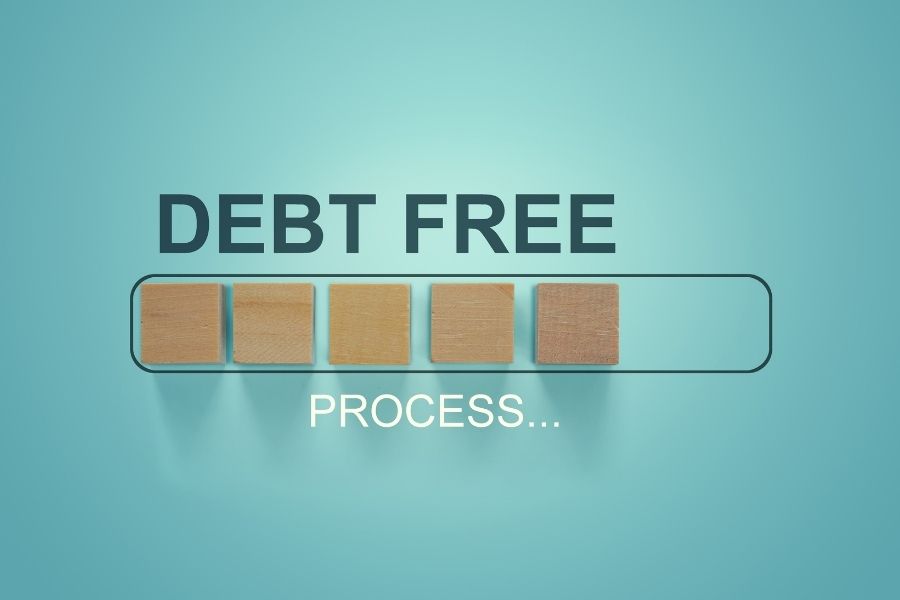When someone says, “I’m a financial planner,” what image comes to mind? When most people think of financial planning, they think of folks in suits talking to people with massive bank accounts, who talk fast and have lots of fancy looking charts that you may or may not completely understand. They might also seem to know far more than you do about money and how to make more of it.
There isn’t necessarily anything wrong with that image of the financial planner, but it also isn’t entirely correct. Financial advising is not so much about one person with a lot of knowledge and expertise telling you what to do with your money, it’s broader than that, and far more long-term.
At its core, financial advising is about helping you make better financial decisions overtime.
So, you just got paid. How should you allocate those dollars? The answer to that question will be different for everyone, but generally, this is an area where we all must make decisions. How much do we spend and on what? Should you spend it on your bills, your kids, your hobbies? How much should you save and for what? Do you have upcoming major expenses? Are you saving for your child’s college and/or your retirement?
Already, we have a lot of decisions to make, and we’ve only touched on one paycheck! When we go deeper, we uncover plenty of other areas where the decisions you make may have far-reaching impacts. What do you envision your retirement looking like? Do you want to, or are you planning on, paying for your children’s college? What liabilities do you have and what is your plan for paying them off? Do you have the appropriate insurance in place to protect you and your loved ones in the face of unplanned and potentially life-altering events?
At the surface, sure, these seem like simple yes or no questions, but if we dig just a little bit deeper, the answer to these questions encompass our highest hopes and our greatest fears. Regardless of your resources or current financial situation, almost all of us can make changes, however large or small, to help bring more clarity, concrete objectives, and actionable steps to our financial lives.
A good financial plan will include all of this and more, and most important, it will meet you where you are at. Whether you’re a seasoned saver or just getting started, there are always adjustments to habits that can be made to bring more peace and calm to your financial life, so that you have more time and energy to enjoy the beautiful things in life.






